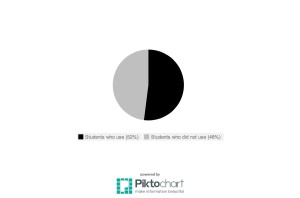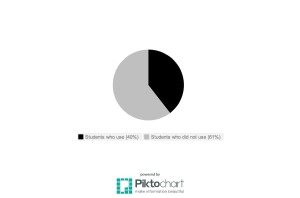By Ciara Barstow
Staff Writer
On May 4th, Westford Public Schools approved a study of narcotics and their effects on cognitive thinking abilities to take place with students at Westford Academy next fall.
The study consists of around 200 students, 150 of which have used marijuana before and 50 students who have not used marijuana before. The subjects will complete various computer games and answer a series of questions during testing, and their recorded responses will provide data on their cognitive ability. The study will take place outside of school to ensure the safety and confidentiality of the students, and each participant will meet with the team on Westford Academy’s campus nine times over the course of 30 to 45 days.


When two Harvard University scholars, Anne Eden Evins and Randi Schuster, proposed the idea of the experiment taking place in the Westford school district, administrators were eager to step up to the plate.
“It is important for studies like this to happen,” said principal Jim Antonelli. “Kids in every community smoke marijuana. I think it is incredibly brave that our community is involved with a study that may help with adolescent development. I support this study 100%. From the moment I met with MGH [Massachusetts General Hospital] and Harvard I have been on board. It is cutting edge! MGH is one of the best hospitals in the country, and even the world. People from everywhere come for care at MGH.”
However, not everyone is convinced the study is a positive part of the community. A student that wished to remain anonymous said, “we should not be proud about contributing to a mass wave of ignorance […] We are contributing to a belief that marijuana is an extremely harmful drug.”
In 2012, a youth risk behavior study by Emerson General Hospital reported that approximately 52% of Westford Academy seniors had used marijuana.
This staggering number shocked many members of the community, but many students are not surprised.
Evins and Schuster voice multiple concerns about the safety and confidentiality of the participants, and stress the importance of variables and their effects on results.
“What [they’re] really trying to find out is marijuana’s effect on the brain, which is completely irrelevant to how they can function while under the influence of the drug,” said the anonymous student. “[The data] is not necessarily connected to how much [students have] been smoking or what they’ve been smoking; what if the curriculum is more difficult, what if one of them starts texting his girlfriend and doesn’t get enough sleep, eats a lot of vegetables- you don’t know! There are many things that can contribute to somebody’s grades, beyond what they smoke; you can’t put two and two together.”
He also went into detail about the circumstances of the experiment itself. “If someone really wants to trace the effects of marijuana on the brain, let’s directly study the brain. I am convinced that the only reason they are not doing a more intricate study on this is because nobody’s going to fund a study which shows marijuana doesn’t directly affect the brain.”
Another student who preferred to remain anonymous said, “I’ve even heard people saying ‘Oh, I wish I smoked so I could get the rewards!’”
However, administrators remain confident that the research the study will support many claims about marijuana’s effect on the brain, and will show students that these claims are true and should be taken seriously.
“I think people will be very surprised with the results and will think twice about saying[…]’Oh, it’s just pot!’ said Antonelli.




